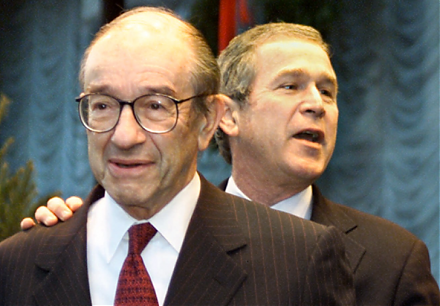

2018-08-03 07:33:00 Fri ET
technology antitrust competition bilateral trade free trade fair trade trade agreement trade surplus trade deficit multilateralism neoliberalism world trade organization regulation public utility current account compliance
President Trump escalates the current Sino-American trade war by imposing 25% tariffs on $200 billion Chinese imports. These tariffs encompass chemical products, steel-and-aluminum goods, and other consumer goods from pet food and furniture to car tires, bicycles, baseball gloves, and beauty products. Commerce Secretary Willbur Ross points out that these non-cataclysmic tariffs amount to less than 1% of China's real GDP economic growth. In response, China prepares to retaliate by introducing 5%-25% tariffs on about $60 billion U.S. exports.
China's chief diplomat suggests that any U.S. unilateral threat or blackmail will only intensify Sino-U.S. trade conflicts with severe damage to the economic interests of all parties. Among other trade tools, the Trump administration now applies tariffs and duties to push China to abandon unfair practices in order to reach a new trade deal. The Trump team aims to balance its desire to force the Xi administration back to the negotiating table with joint efforts to avoid escalation in the current Sino-U.S. trade war. U.S. trade reps urge China to address the longstanding U.S. Trade Act Section 301 concerns about Chinese unfair practices such as patent, copyright, and trademark infringement and other intellectual property theft.
If any of our AYA Analytica financial health memos (FHM), blog posts, ebooks, newsletters, and notifications etc, or any other form of online content curation, involves potential copyright concerns, please feel free to contact us at service@ayafintech.network so that we can remove relevant content in response to any such request within a reasonable time frame.
2019-06-30 12:37:00 Sunday ET

AYA Analytica finbuzz podcast channel on YouTube June 2019 In this podcast, we discuss several topical issues as of June 2019: (1) Federal Reserve h
2018-01-03 08:38:00 Wednesday ET

President Trump targets Amazon in his call for U.S. Postal Service to charge high delivery prices on the ecommerce giant. Trump picks another fight with an
2018-01-21 07:25:00 Sunday ET

As he refrains from using the memorable phrase *irrational exuberance* to assess bullish investor sentiments, former Fed chairman Alan Greenspan discerns as
2024-03-19 03:35:58 Tuesday ET

U.S. presidential election: a re-match between Biden and Trump in November 2024 We delve into the 5 major economic themes of the U.S. presidential electi
2019-09-01 10:31:00 Sunday ET

Most artificial intelligence applications cannot figure out the intricate nuances of natural language and facial recognition. These intricate nuances repres
2018-03-17 09:35:00 Saturday ET

Facebook faces a major data breach by Cambridge Analytica that has harvested private information from more than 50 million Facebook users. In a Facebook pos